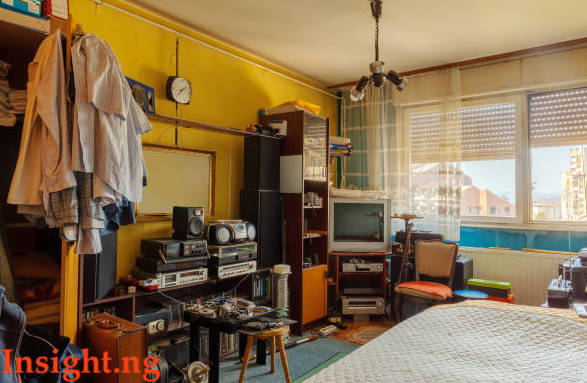There is no doubt that there are some household items that we will always find no matter how many Nigerian homes we go to. This is because they are almost always a constant k in Nigerian homes, like the pie in the area of a circle.
Table of Contents
What are Household Items?
Household Items are simply items used in the house. They are items that are found at home for usage.
What are some household items that one can find in every Nigerian home?
Things That Can Be Found in Every Nigerian Home
-
Generator
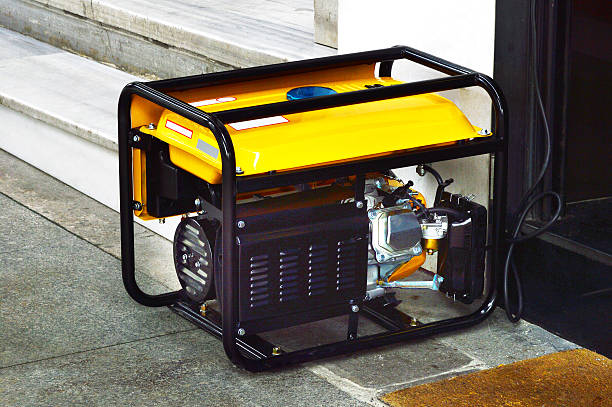
Generator
Try going to fifteen houses on any street, and see if you will not find a generator in at least twelve houses out of the fifteen. With the epileptic and unstable power supply in every part of Nigeria, our power holding companies ever ready to go on strike anytime, and the national grid occasionally having problems, a generator is a must have to pump water, blend pepper, and charge phones when we want to.
In many places without generators, you will probably find inverters and solar panels that provide power even when there is no power supply by “NEPA.”
-
Rechargeable lamps
Gone are the days when kerosene always does the magic with lanterns. Now, we can use lamps once a lamp is recharged for a few hours, even without generators or alternatives.
-
Stainless cups and plates
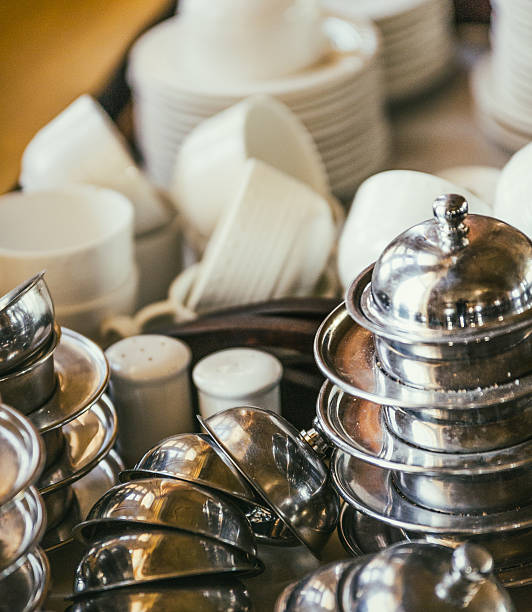
A restaurant, close-up shot of stainless dishes and cups.
In terms of beauty and aesthetics, stainless items at home are not pleasing. They are not as beautiful as mugs and glasses are, but they are the best in terms of durability.
If there are children at home that love to scatter everywhere or wash plates regularly, stainless cups and plates are the best for them to prevent constant buying of these items due to breakage.
If you are trying to eat or drink water in the middle of the night with a stainless plate or cup and it falls, you just know that you have woken up the whole house. The sounds of these items are just out of this world.
-
Colored sponges
“Bath every day, at least once daily.” It is impossible to take a bath without using a sponge. Therefore, they are a must have in terms of household items.
To avoid sharing personal items at home, these sponges are usually colored. What this variety in the color of these sponges does is help identify the owners of each of the sponges.
You may sign up for our newsletter to receive more interesting content. You can get additional information by following our Instagram page if you don’t want that. Cheers to reading!
-
Colored toothbrushes

Multi-colored toothbrushes in a glass cup.
Like colored sponges, each person in the house can identify his or her toothbrush because they vary in color. This way, there is never really a mixup in brushes, even if they are all kept in the same container.
-
Water drum

empty plastic drum in farm for water storage
Often, this household item is blue in color and very big. Other times, it can be black or in another color.
This item found at home can either be kept in a corner of the house or filled to the brim with water to avoid complete water scarcity whenever there is no means of pumping water in the home.
It can also be permanently or temporarily positioned outside the home to collect water when rain falls.
-
Grinding stone
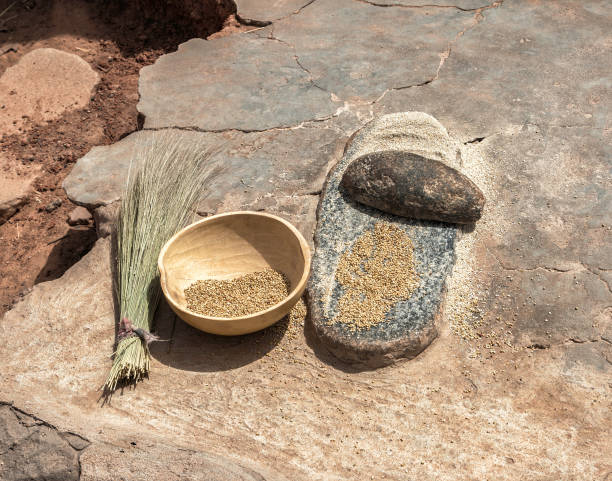
A small stone and a large flat one (grindstones).
Having blenders at home is not enough in a place like Nigeria, especially in places where the electricity supply is nothing to write home about. Hence, the importance of this household item.
Gradually, though, graters are rapidly replacing grinding stones because of ease and comfort. Either way, these household items do not require the use of electricity.
-
Mortar and Pestle (Odo and Omo Odo)
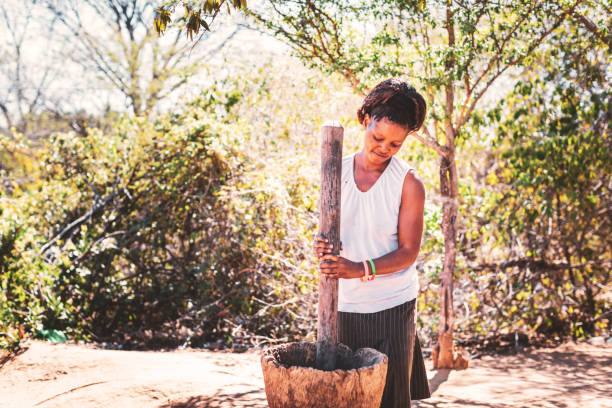
African Woman Using Mortar Pestle to Prepare the the Corn Maize
In southwestern areas of Nigeria, we can find a mortar and its other half in many households. This is because one of the people’s favorites is Pounded yam.
The sound of pestles beating against the mortar is a common occurrence, especially at night and during festive seasons in these places. Together with “efo riro” or “egusi,” it is, in fact, heaven on earth for such ones.
Read also: 9 Nigerian Foods to Avoid Eating at Night
-
Local turning stick
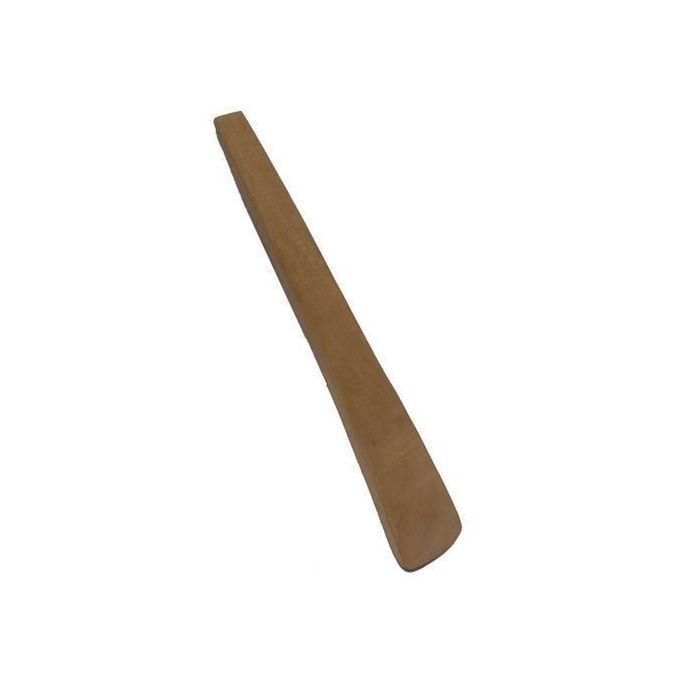
Local turning stick
From “Amala” to “eba” to “semo” and fufu, the local turning stick has proved to be indispensable to lovers of swallows.
Simply put, there is no swallow without a local turning stick.
-
Trays
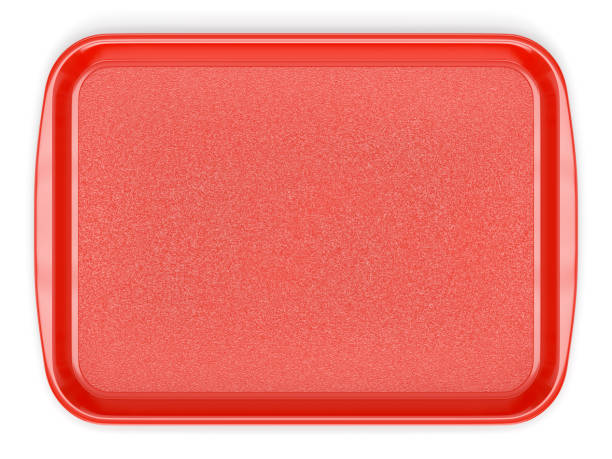
Red glossy plastic food tray
There really should be a clear explanation of what trays should and should not be used for because they have been used and abused.
Is it to pick beans? Or to keep cups? Is it to serve food? Or carry food from one house to another during festive periods? Trays are a go to household item for these purposes and more.
-
Bathroom slippers
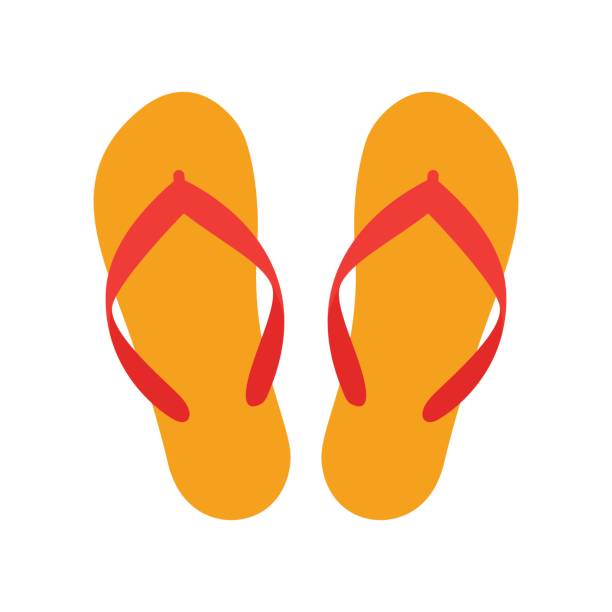
Orange beach slippers
If there was a household item that could scream: “help me, help me, I don’t know what to do anymore to be free,” this household item should be the one.
If these slippers were a person, it would be right to say that over the years, it has been used till old age. If this slipper does not cut, there is no end to its usage.
Honestly, there should be another name for this household item because there is nothing, only ‘bathroomy’ about it. We use them everywhere at home.
-
Ankaras-turned cover clothes or rags
This has to be the highlight of items frond at home. When an Ankara or another type of clothing has become so used that wearing it from place to place is impossible, we change its use instead of throwing them away.
Something along the lines of: “No wastage whatsoever” should be the slogan of Nigerians because, in most houses, there are one or more people covering their bodies with the iro of their Ankara or those of their mothers.
In other cases, a clothing item becomes practically useless if torn or burnt. So what do we do as the innovative people that we are? Throw them out? No, never. They become cleaning rags for us.
-
Multi-purpose containers
Let me hear you say: “Nigerians dey use items.”
In terms of changing the initial purpose of an item to what we deem fit, we are one of the best for reals.
Is it changing small ice cream containers to containers for keeping “ata gungun”? Is it using big metal containers to keep our food substances like “elubo,” “garri,” and “semo”? Is it turning a container for keeping sweets into one for salt and Maggi? We are there.
What of Coke and Fanta bottles? We keep water in our refrigerators with them!
Read also: 14 Weird Beliefs in Nigerian Homes
-
Nylon bags
It is always a surprise that we often find nylons at home for whatever we want to use them for, especially when it comes to buying food and other household items in the market.
This is because our mothers keep them: nylons, rice bags, sacks, etc. until it is time to use them. So, yes, their time for usage eventually comes.
-
Fans
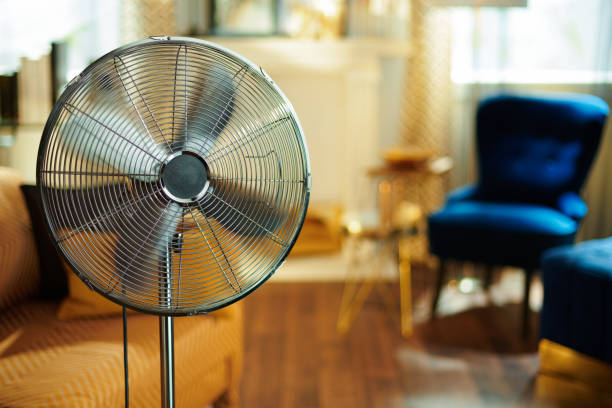
working electric floor standing fan in the modern house in sunny hot summer day.
While it’s hot outside, we turn to this when we’re at home and comfortable. Every home in Nigeria has a fan, whether it be in the living room or another room, a standing fan, or a ceiling fan.
Conclusion
The above household items in Nigeria are things that are found in almost every Nigerian home because they have such valuable uses in our homes. Some of them are usually given as gifts to newly Weds; others are items that we have to replace once in a while at home.
Maybe, and just maybe, you can decide to gift a couple of these items in your next invited Owambe.
Read also: Owambe Party in Nigeria: Foods, Vibes, Dressing and Cruise
When next, you take a tour around someone else’s home, check if these items are in that home, and count the number of household items you were able to find.
Concerning the household items you may find in Nigerian households, you can leave your thoughts in the comments area or speak with Insight.ng on WhatsApp.
About Author
- Stella Agboola is a content creator who specializes in the field of health and disease. She also has a personal blog where she discusses social-related content. In addition, she is an avid reader of domestic thrillers and African novels. At her leisure, she reads books and listen to podcasts for information and entertainment.
Latest entries
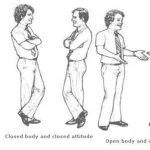 LifestyleNovember 19, 2023Understanding Body Language and Facial Expression – A Simple Guide to Social Intelligence
LifestyleNovember 19, 2023Understanding Body Language and Facial Expression – A Simple Guide to Social Intelligence
 CareerSeptember 14, 2023Video Conferencing Etiquette Tips for Nigerian Employees
CareerSeptember 14, 2023Video Conferencing Etiquette Tips for Nigerian Employees LifestyleSeptember 1, 2023Nigerian Proverbs and Wisdom: Lessons for Modern Living
LifestyleSeptember 1, 2023Nigerian Proverbs and Wisdom: Lessons for Modern Living

